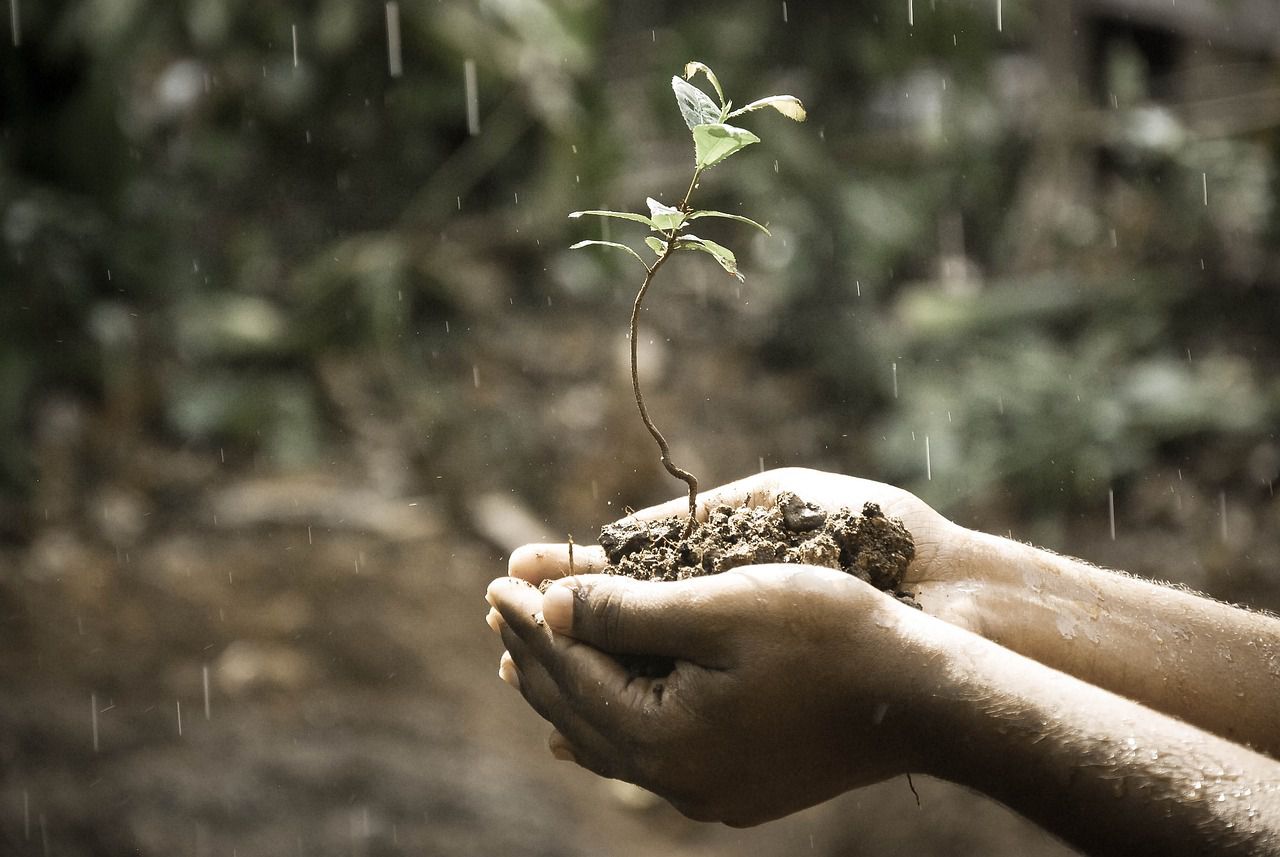Protecting garden plants from excessive moisture is crucial to prevent issues such as root rot, fungal diseases, and plant stress.
While watering is vital for healthy plants, rainy seasons and bad drainage can destroy your plants easily.
Here are some steps you can take to safeguard your plants.
Adequate drainage
Ensure that your garden beds or containers have proper drainage to allow excess water to escape.
Improve soil drainage by adding organic matter such as compost or perlite to create a looser, well-draining soil structure.

Raised beds
Consider using raised beds, which can provide better drainage compared to ground-level planting.
Raised beds allow excess water to flow away more easily, reducing the risk of waterlogged soil.
Mulching
Apply a layer of organic mulch, such as wood chips or straw, around your plants.
Mulch helps to regulate soil moisture levels by reducing evaporation and preventing excessive moisture retention.
It also acts as a barrier, minimizing soil splash onto plant foliage and reducing the risk of fungal diseases.
Use well-draining containers
If you have potted plants, ensure that your containers have drainage holes to allow water to escape freely.
Avoid using saucers or trays that can collect excess water, as this can lead to waterlogged roots.









